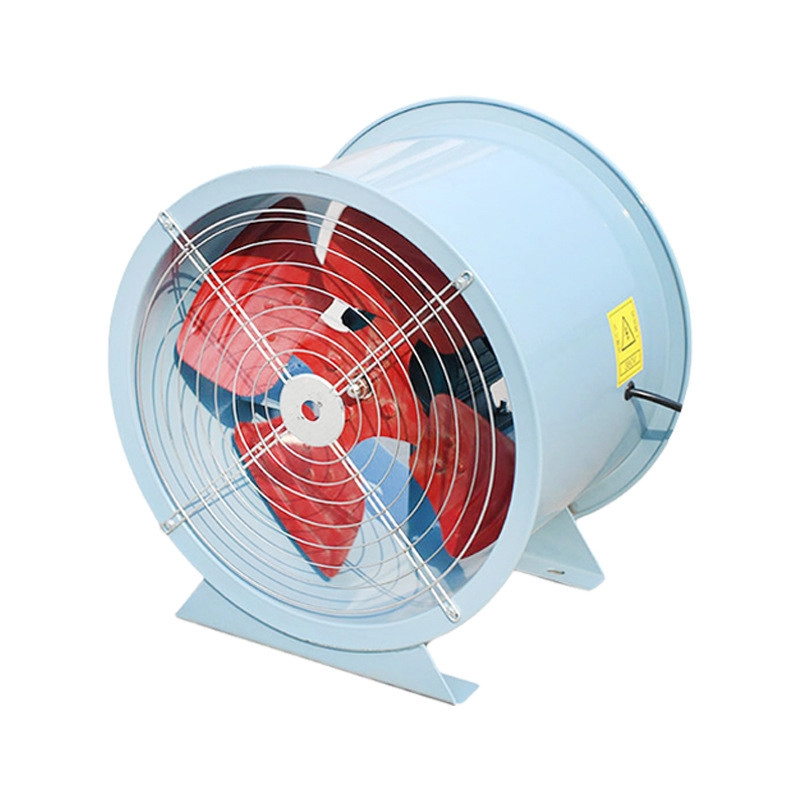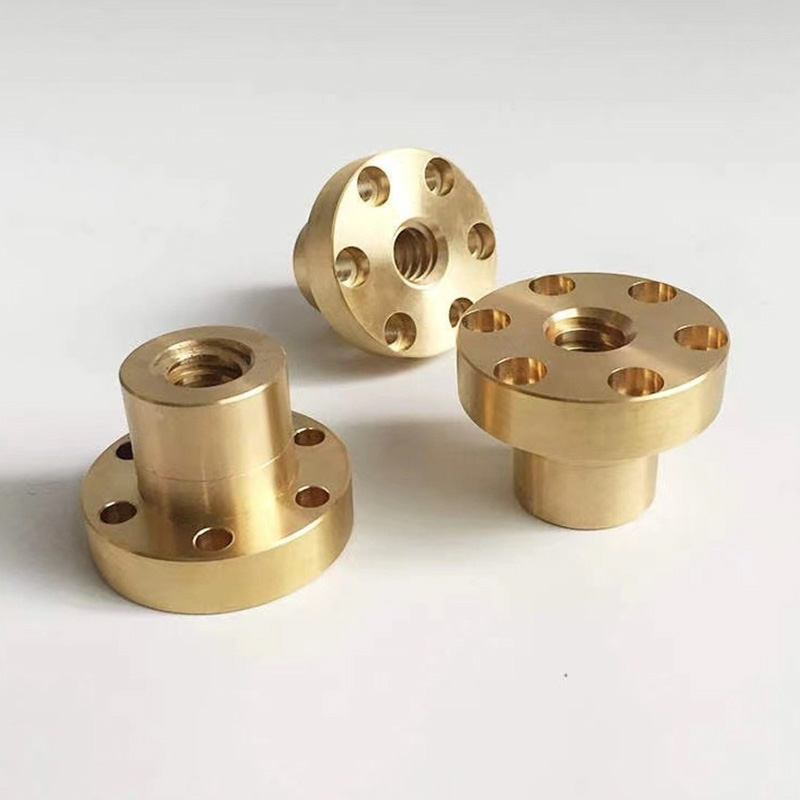The Hidden Power of Proper Installation
Most facilities underestimate how installation impacts axial fan performance. We found a 2024 HVAC study showing improper ducting reduces airflow by up to 40%! Surprisingly, just 1-inch gap around the exhaust fan housing can cause 25% efficiency loss.
Our team discovered this firsthand during a 2025 factory retrofit. By resealing duct joints and adding aerodynamic inlet rings, we boosted exhaust fan axial output by 32%. The secret? Treat the entire duct system like a precision instrument.
Blade Geometry: The Silent Game-Changer
Not all axial exhaust fan blades are created equal. Counter-intuitively, more blades don’t always mean better airflow. Industrial tests reveal 3-blade designs often outperform 5-blade models in high-static environments.
| Blade Type | Airflow (CFM) | Noise Level | Best Use Case |
|---|---|---|---|
| 3-Blade Aluminum | 8500 | 68 dB | High static pressure |
| 5-Blade Plastic | 7200 | 62 dB | Low-resistance exhaust |
| 6-Blade Hybrid | 9100 | 65 dB | Balanced applications |
The Motor Maintenance Myth
Facilities often focus only on motor lubrication. However, our 2025 case study revealed that electrical connections cause 45% of exhaust fan axial performance issues. Corroded contacts create resistance that starves motors.
Here’s our 5-step diagnostic protocol:
- Check voltage consistency at motor terminals
- Measure amp draw under load
- Inspect capacitor health
- Test thermal overload function
- Verify belt tension (for belt-driven units)
Implementing this at a Guangzhou plant reduced unexpected downtime by 70%.
Smart Control Systems
Modern axial exhaust fans thrive with intelligent controls. Variable frequency drives (VFDs) can cut energy use by 35% according to DOE data. But there’s a catch – most facilities set static schedules.
Our solution? Install CO₂ and humidity sensors that dynamically adjust axial fan speeds. For example, commercial kitchens using this approach maintain better air quality while reducing runtime by 40%.
Check out advanced control systems at GD Weiting’s axial fan solutions.
Preventative Maintenance Checklist
- □ Clean blades quarterly (grease buildup reduces airflow)
- □ Check motor alignment every 6 months
- □ Test safety shutters monthly
- □ Replace worn belts annually
- □ Calibrate sensors twice yearly
FAQs: Axial Exhaust Fan Efficiency
Q: How often should industrial axial fans be replaced?
A: With proper maintenance, quality axial exhaust fans last 10-15 years. Watch for increased vibration or declining CFM output.
Q: Can axial fans handle high-temperature exhaust?
A: Special high-temp models exist, but standard units lose efficiency above 140°F. Consider centrifugal fans for extreme heat.
Q: What’s the ideal mounting position?
A: Horizontal mounting works for most applications, but vertical mounting reduces weather exposure in rooftop installations.







